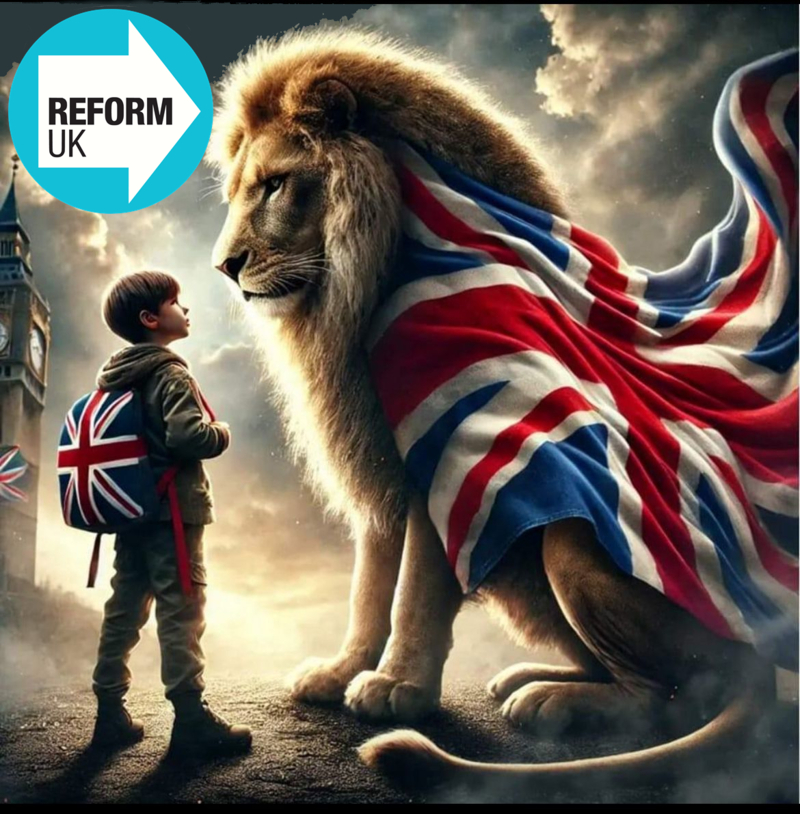Gambling On Calamity: The Los Angeles Wildfires And The Ethics Of Disaster Betting

Table of Contents
The Lucrative Nature of Disaster Betting
Disaster betting encompasses various forms of wagering on the occurrence, severity, and impact of natural disasters. This can include prediction markets that allow users to trade contracts based on projected outcomes, or even traditional sportsbooks offering odds on events like the total acreage burned in a wildfire, the number of homes destroyed, or the total amount of insurance payouts. The potential for significant returns attracts participants, fueled by the perception of exploiting predictable patterns within disaster data.
- Examples: While specific examples of direct betting on the Los Angeles wildfires are difficult to verify publicly, the existence of markets predicting hurricane intensity or earthquake magnitudes illustrates the concept.
- Data and Prediction Models: Sophisticated data analysis and predictive modeling play a crucial role. Meteorological data, historical fire behavior patterns, and even social media sentiment are leveraged to inform betting strategies.
- Market Manipulation: The potential for manipulation exists, raising further ethical concerns. False information spread to influence market outcomes could have disastrous consequences.
Ethical Concerns Surrounding Disaster Betting
The most significant ethical concern surrounding disaster betting is the inherent insensitivity of profiting from human suffering and widespread tragedy. Betting on a wildfire is not simply a gamble on a statistical event; it's a gamble on the displacement, loss of life, and immense hardship experienced by countless individuals.
- Exacerbating Inequalities: Those most vulnerable to the impacts of wildfires – often low-income communities and marginalized groups – are least likely to participate in these markets, highlighting a profound inequality.
- Secondary Harms: The focus on financial gain could distract from crucial emergency response efforts. Misinformation deliberately spread to influence betting outcomes might further hinder effective disaster management.
- Psychological Impacts: The emotional toll on both victims and those who profit from their suffering is substantial. The act of betting itself can be psychologically damaging, normalizing suffering and potentially leading to desensitization.
The Los Angeles Wildfires as a Case Study
The Los Angeles region has experienced numerous devastating wildfires, including the aforementioned Bobcat Fire and the Woolsey Fire in 2018. These fires resulted in significant loss of life, widespread property damage, and long-term environmental consequences. While concrete evidence of direct betting on these specific fires remains elusive, the principle of disaster betting remains applicable. The potential for individuals or groups to profit from the scale of devastation raises serious ethical questions.
- Economic and Human Costs: The economic costs of these fires run into billions of dollars, alongside the immeasurable human cost – loss of life, homes, and livelihoods.
- Challenges for First Responders and Residents: First responders faced extraordinary challenges fighting these fires, and residents endured weeks, if not months, of displacement and uncertainty.
- Long-Term Environmental Consequences: The long-term impact on the environment, including soil erosion, increased risk of mudslides, and loss of biodiversity, is significant.
Regulation and the Future of Disaster Betting
Currently, the regulation of disaster betting is largely absent. The lack of clear legal frameworks leaves a significant gap, allowing for potentially unethical practices to flourish. The need for clear guidelines and oversight is undeniable.
- Legislation and Self-Regulation: The development of specific legislation and the implementation of industry self-regulation are crucial steps. This should include mechanisms to prevent market manipulation and promote responsible betting practices.
- Technological Advancements: Technological advancements could exacerbate the problem. The increased availability of data and sophisticated predictive models could make disaster betting more attractive to those seeking to profit from human suffering.
- Ethical Guidelines: Strong ethical guidelines should be implemented within the betting industry, emphasizing the importance of responsible behavior and discouraging any form of exploitation related to natural disasters.
Conclusion
The ethical concerns surrounding disaster betting, particularly in the context of the devastating Los Angeles wildfires, are profound. Profiting from human suffering is morally reprehensible, and the potential for exacerbating inequalities and hindering effective disaster response is unacceptable. We must move towards a future where responsible disaster betting, or perhaps a complete prohibition of such practices, is the norm. Let us advocate for stronger regulations and ethical guidelines to prevent the exploitation of human tragedy. The morality of disaster wagering demands our immediate attention; compassion, not profit, should be our guiding principle in the face of natural disasters.

Featured Posts
-
 Newsround Bbc Two Hd Full Episode Guide And Airtimes
May 02, 2025
Newsround Bbc Two Hd Full Episode Guide And Airtimes
May 02, 2025 -
 Join The Sony Play Station Beta Program How To Participate And Provide Feedback
May 02, 2025
Join The Sony Play Station Beta Program How To Participate And Provide Feedback
May 02, 2025 -
 Worthplaying Arc Raider Tech Test 2 Dates Platforms And Sign Up
May 02, 2025
Worthplaying Arc Raider Tech Test 2 Dates Platforms And Sign Up
May 02, 2025 -
 Mental Health Care A System In Need Of Reform
May 02, 2025
Mental Health Care A System In Need Of Reform
May 02, 2025 -
 Reform Uk Internal Conflict Understanding The Fierce Row
May 02, 2025
Reform Uk Internal Conflict Understanding The Fierce Row
May 02, 2025
